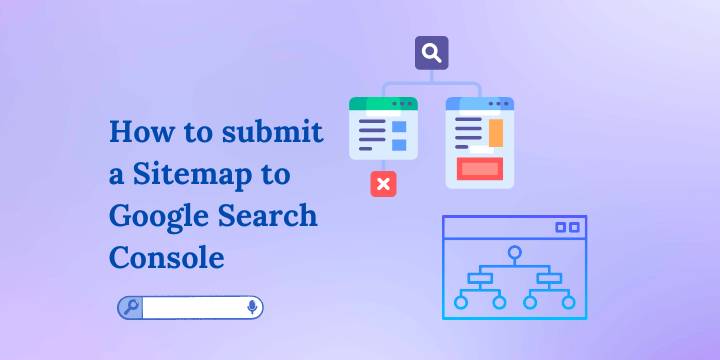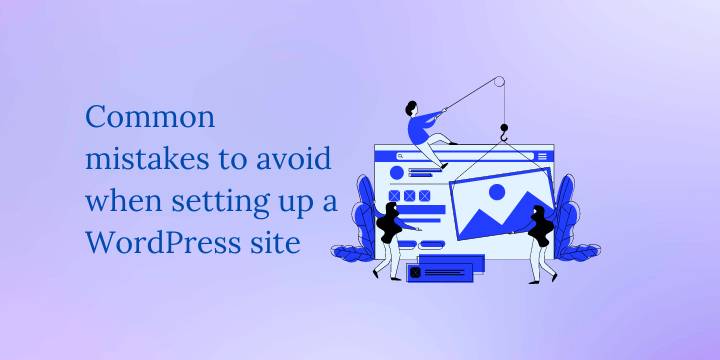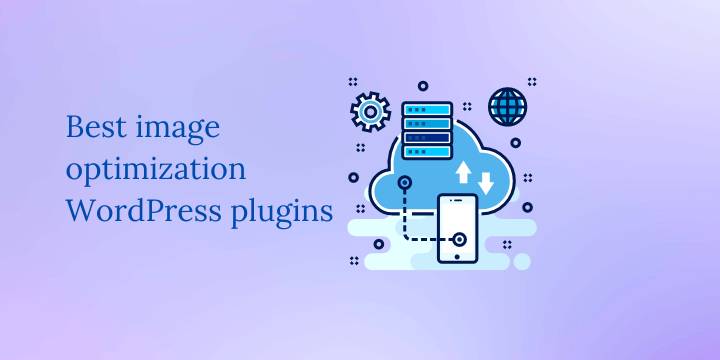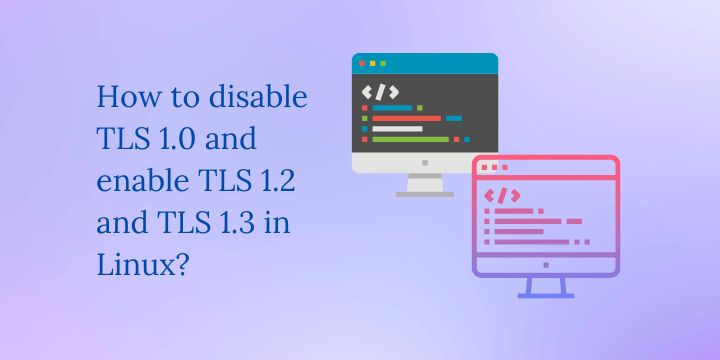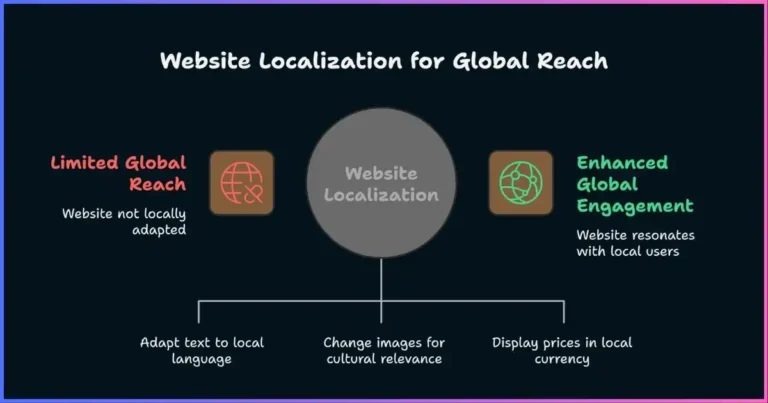What to do after publishing a website
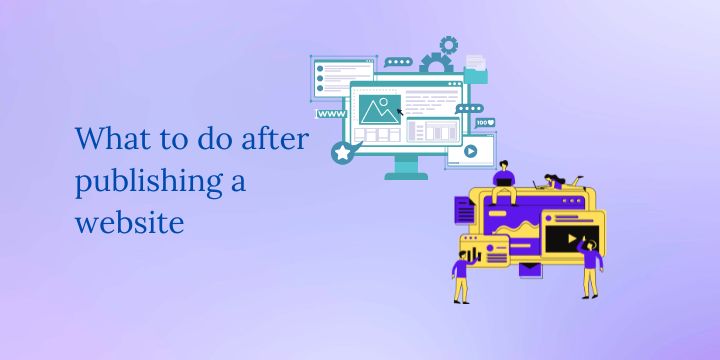
Congratulations on publishing your WordPress website! Publishing a WordPress website is an exciting moment, but it is just the first step in the long process of maintaining and improving your online presence.
Here are some things you should consider doing after publishing your WordPress website:
11 Things to do after publishing a website
Optimize your images:
Large images can slow down your website, so it is important to optimize them for the web. Use an image optimization tool like EWWW or ShortPixel to reduce the file size of your images without sacrificing quality.
Search engine optimization (SEO):
After publishing your website, it is crucial to optimize it for search engines to help it rank higher in search results. This could include optimizing your page titles and meta descriptions, using header tags appropriately, and using relevant keywords throughout your website’s content.
Related: How to build backlinks for your websites
Mobile optimization:
With the increasing number of users accessing the internet from mobile devices, making sure your website is mobile-friendly is vital. Use tools like Google’s Mobile-Friendly Test to see how your website looks on mobile devices and make any necessary adjustments.
Promote your website:
Once your website is published, it is essential to spread the word and get it in front of your target audience. Consider using social media, email marketing, or advertising to promote your website and attract visitors.
Set up Google Analytics:
Google Analytics is a free tool that allows you to track your website’s traffic and performance. Sign up for an account and install the Google Analytics plugin to get started.
Create a backup plan:
It is important to regularly back up your website to protect against data loss. Consider using a plugin like UpdraftPlus to schedule automatic backups, or consider using a third-party backup service like VaultPress.
Update regularly:
WordPress releases regular updates that often include security fixes and new features. Make sure to keep your WordPress installation and all of your plugins up to date to ensure that your website is secure and running smoothly.
Monitor your website’s performance:
Use tools like GTmetrix and Pingdom to test your website’s loading speed and identify areas for improvement.
Engage with your audience:
Building a community around your website is important for its success. Engage with your audience by responding to comments and encouraging them to share your content on social media.
Check for broken links:
After publishing your website, it is a good idea to check for any broken links. Broken links can be frustrating for users and can also hurt your website’s search engine ranking. Use a tool like Broken Link Checker to identify any broken links on your website.
Continuously improve your website:
As you learn more about your audience and the performance of your website, use this knowledge to make continuous improvements. This could include updating your website’s design, adding new features, or optimizing your content for search engines.
Disclosure: We may earn commission for purchases that are made by visitors on this site at no additional cost on your end. All information is for educational purposes and is not intended for financial advice. Read our affiliate disclosure.

